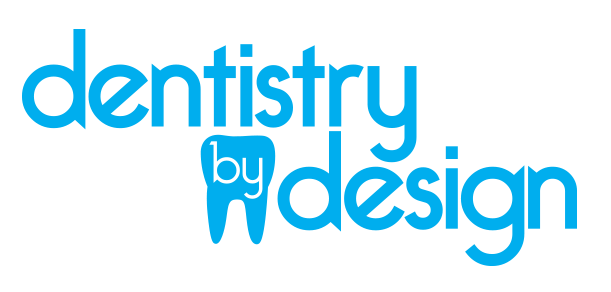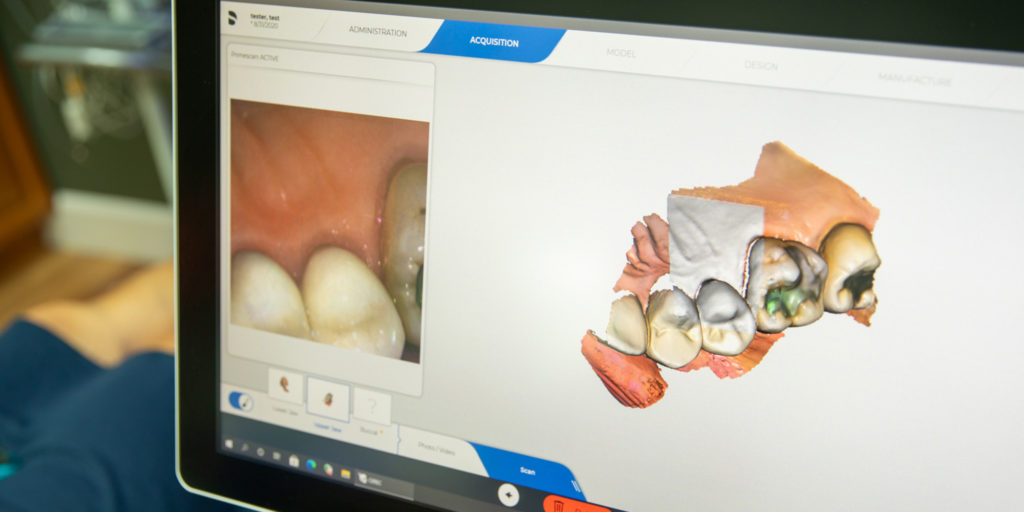

When it comes to restoring missing teeth, dental bridges are a favored and efficient solution. They offer a natural-looking replacement that helps bring back your smile and oral functionality. However, one important factor to consider is the expense associated with dental bridges.
Our Spring Hill, TN dentist is committed to ensuring everyone receives the dental care they require. Learn more about the costs involved with a dental bridge below. For additional information, feel free to contact our dental office today by calling 931-486-0700.

Typically, the cost of a dental bridge ranges from $500 to $1,200 per tooth. The price of dental bridges can vary based on several factors, such as the complexity of the situation, the number of missing teeth, the materials used, and the location of the dental practice. If you need a three-unit bridge to replace a single missing tooth, the total cost could fall between $1,500 and $3,600.
Compared to other restorative solutions for replacing missing teeth, dental bridges are moderately priced. Dentures are usually less expensive, with costs ranging from $500 to $2,500 per arch. However, dentures might not offer the same level of stability, comfort, and natural appearance as dental bridges.
Dental implants, on the other hand, are a pricier alternative, with costs ranging from $1,500 to $6,000 per implant, depending on various factors. While dental implants provide long-term benefits and a high success rate, they often involve more extensive surgical procedures and a longer treatment timeline.
Dental insurance plans may cover a portion of the cost of dental bridges, but the extent of coverage can vary. Some plans may cover a percentage of the cost, while others may have a fixed maximum annual benefit. Here’s some information to consider regarding insurance for a dental bridge procedure:

Financing a dental bridge can make the process more affordable, especially for those without dental insurance or with insurance that doesn’t cover the full cost of a new bridge.
Many dental offices provide in-house financing or payment plans. These plans often allow you to pay for your dental work in installments over a specified period. Some dental offices might offer interest-free plans if the amount is paid within a certain timeframe.
Cards like CareCredit are designed specifically for medical and dental expenses. They may offer promotional periods with 0% interest. Be cautious: If you don’t pay off the balance by the end of the promotional period, you might be retroactively charged a high interest rate from the original purchase date.
Personal loans can be taken from a bank, credit union, or online lender. They can be used for any purpose, including dental work. Interest rates and terms vary based on your creditworthiness.
Some lenders specialize in loans specifically for medical or dental procedures. These loans can offer fixed interest rates and set repayment terms, making it easy to budget.
If you have an FSA or HSA through your employer, you can use the pre-tax funds in these accounts to pay for dental procedures. Ensure you know the annual contribution limits and any rules about using the funds.
Consider having the procedure done at a dental school. While the work is performed by students, they are supervised by experienced dentists. Dental schools often offer procedures at a reduced cost.
While not insurance, dental discount plans can provide significant savings on dental procedures, including bridges. For an annual or monthly fee, you can access reduced rates at participating dentists.
In addition to the cost of the dental bridge itself, there may be additional expenses involved, such as dental consultations, X-rays, pre-bridge treatments (like tooth extractions, gum disease treatment, or root canals), and follow-up appointments. It’s essential to discuss the full treatment plan with your dentist to understand all associated costs.
Yes, some dental schools, community health centers, and charitable organizations offer reduced-cost or sliding-scale fee programs for dental services, including dental bridges. These programs aim to provide affordable dental care to individuals with limited financial means. Research local dental clinics or inquire with your dentist about any available discount programs in your area.
Dentures are a cheaper alternative to a dental bridge. However, dentures require extra maintenance and may not look as natural as a dental bridge. Contact your dentist to discuss your tooth replacement options.
Dental insurance often covers dental bridges, leading to a lower initial expense. However, if finances aren’t a concern and your overall health is good, dental implants could be a preferable choice due to their durability and the fact they don’t harm adjacent teeth.
Dental bridges are an effective and aesthetically pleasing option for replacing missing teeth. While the cost of dental bridges can vary, it’s important to consider the long-term benefits they provide. Before making a decision, contact our dentist in Spring Hill, TN at 931-486-0700 to assess your specific needs and discuss the best treatment option for you.
I understand the information disclosed in this form may be subject to re-disclosure and may no longer be protected by HIPAA privacy regulations and the HITECH Act.